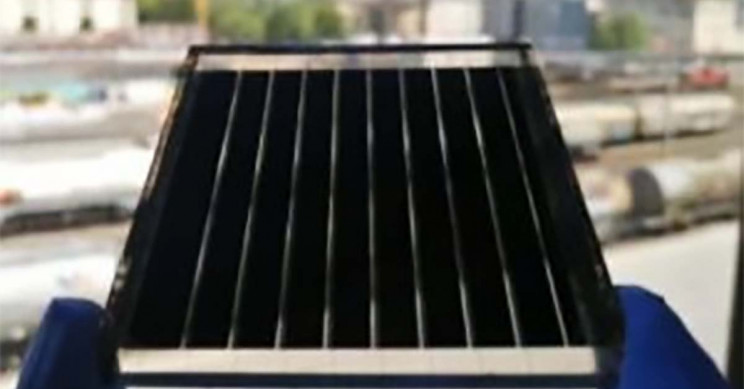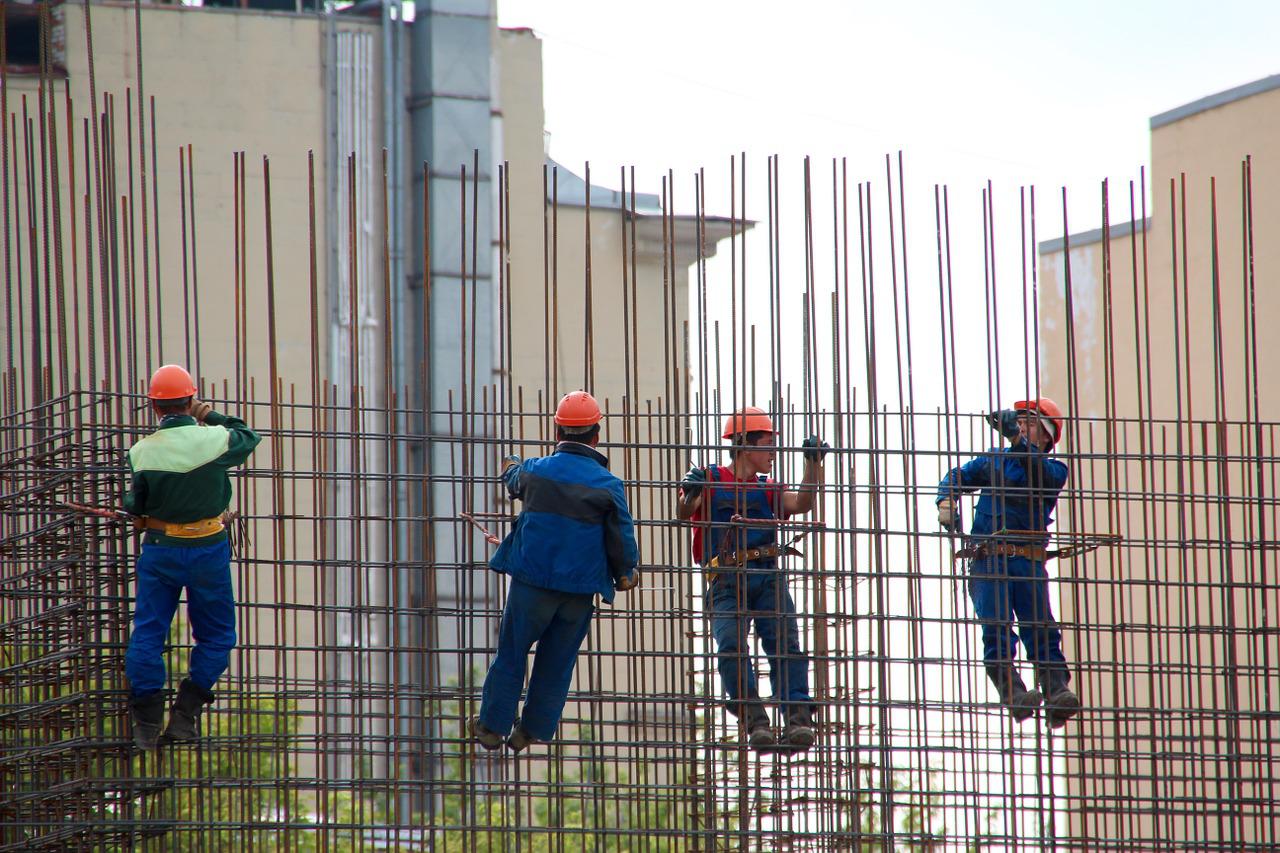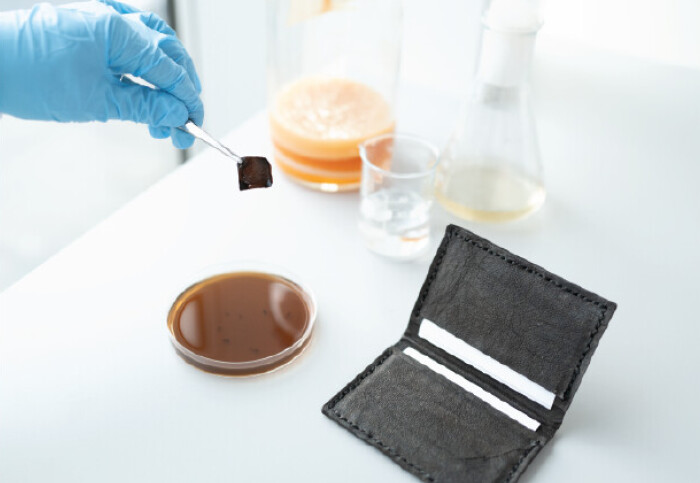The efficiency, flexibility, and cost-effectiveness of “Perovskite Solar Cell” make them the fastest-growing solar cell technologies. But the technology is still facing a major challenge: quick degradation of perovskite material under environmental conditions.
Now researchers at Kaunas University of Technology (KTU) in Lithuania fabricated materials that were used to build an exemplary perovskite solar module.
Researchers used a process known as passivation which amplifies the efficiency and greatly improved the stability of the perovskite material.
Through this process, researchers not only achieved an efficiency of about 21.4% but also long-term operational stability of over 1,000 hours. In general, solar cells need to be around 15 to 20% efficient to be economically viable.
In the tests conducted by the Lausanne Federal Institute of Technology (EPFL) in Switzerland, the new perovskite solar modules successfully achieved a solar-energy conversion of 21.4%.
“The study proved to be quite effective in preventing the negative effects of passivation on solar cells. It has been discovered that an isomer with the passivation groups closest to each other lead to the most efficient passivation due to the steric hindrance that avoids 2D perovskite formation,” Rakštys said.






